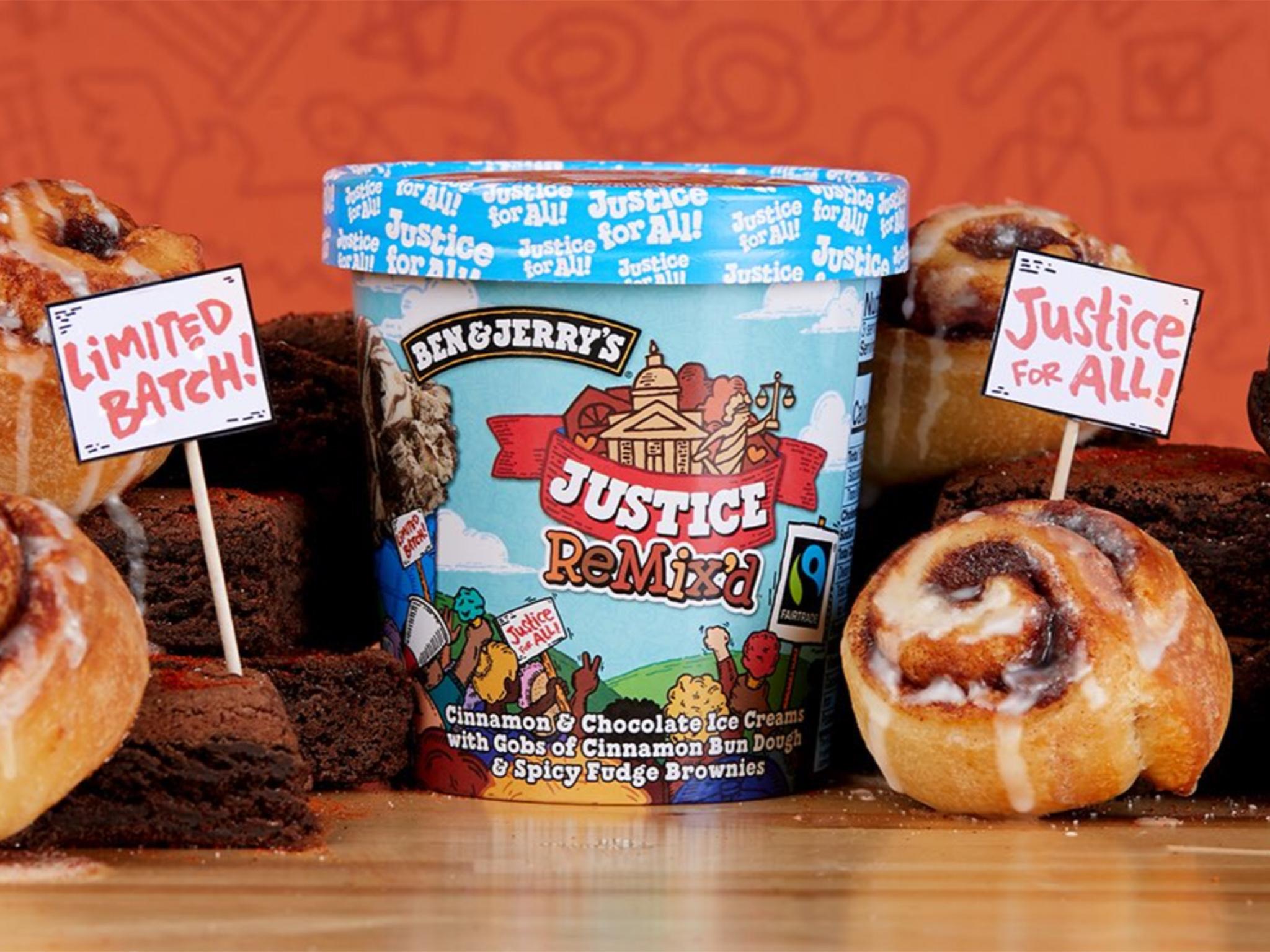Why American businesses are committing so many random acts of kindness
More than 180 of the US’s top CEOs made a promise a few weeks ago to no longer solely focus on driving shareholder value. Why? The answer might be: millennials


Nothing speaks to me about structural racism quite like a bowl of cinnamon and chocolate ice cream.
Throw in some cinnamon bun dough and spicy fudge brownies, and my mind immediately leaps to the broken criminal legal system which perpetuates such injustice.
Well, not quite. A pint of Ben & Jerry’s new flavour – Justice ReMix’d – would more likely put me into a food coma than onto the streets with a placard.
But the ice cream brand has been using its commercial clout to highlight social issues for years now.
There’s been Save Our Swirled to highlight climate change; I Dough, I Dough to support gay marriage; and Home Sweet Honeycomb to show support for refugees in America.
This type of corporate action could soon become the norm, if 181 of the US’s top CEOs are to be believed.
Just a few weeks ago, they made a small but symbolic promise: that their sole business objective would no longer be simply driving shareholder value.
Could that promise threaten Milton Friedman’s lodestar – that profit for shareholders comes before all else? Some dismissed it as meaningless, but this week a move by one of the nation’s biggest retailers showed that big business can drive big social changes.
This week, Doug McMillon, Walmart’s chief executive, said the company would stop selling ammunition used for handguns and military-style weapons, as well as end the sale of handguns and discourage anyone from carrying weapons in his stores.
He also underlined this corporate activism by releasing an open letter to Donald Trump, calling for a debate about reauthorising the assault weapons ban and to finance research on gun violence.
It’s perhaps wise to question the motivations of seeming random acts of kindness by business titans, who are answerable predominantly to shareholders. The answer could be found in the demographics they’re keeping an eye on.
Given that millennials are among the most politically and socially engaged generations of recent times, to attract them as customers and employees means companies have to pay attention to the issues they care about.
And in a society where some CEOs are as recognisable as rock stars – think Tim Cook or Jeff Bezos – we’re likely to see more political conversations driven and influenced by businesspeople over the coming years.
Yours,
Dave Maclean
Features editor (US)
Join our commenting forum
Join thought-provoking conversations, follow other Independent readers and see their replies
Comments
Bookmark popover
Removed from bookmarks